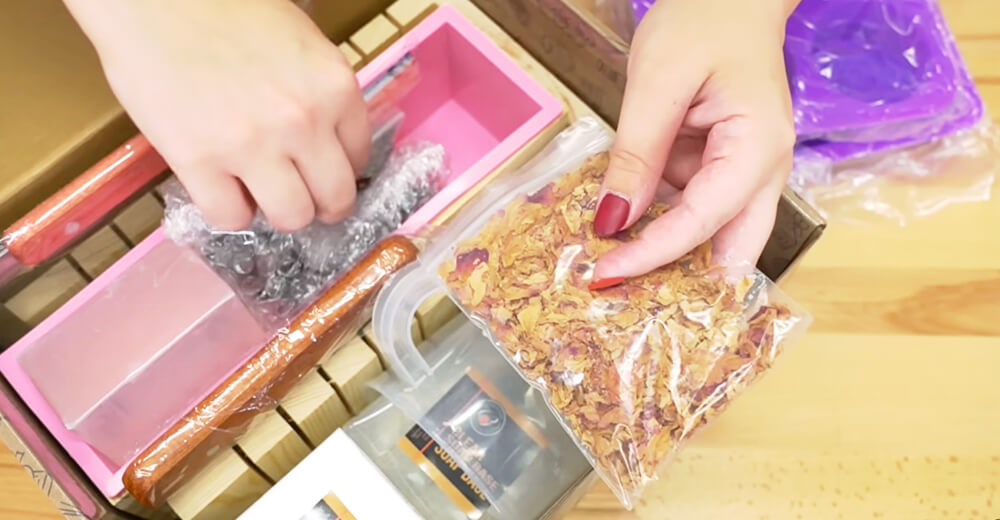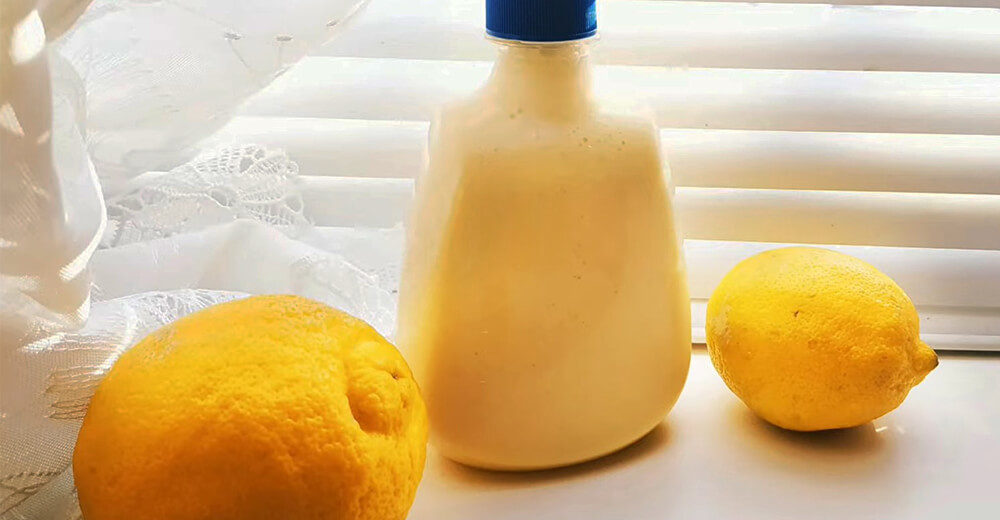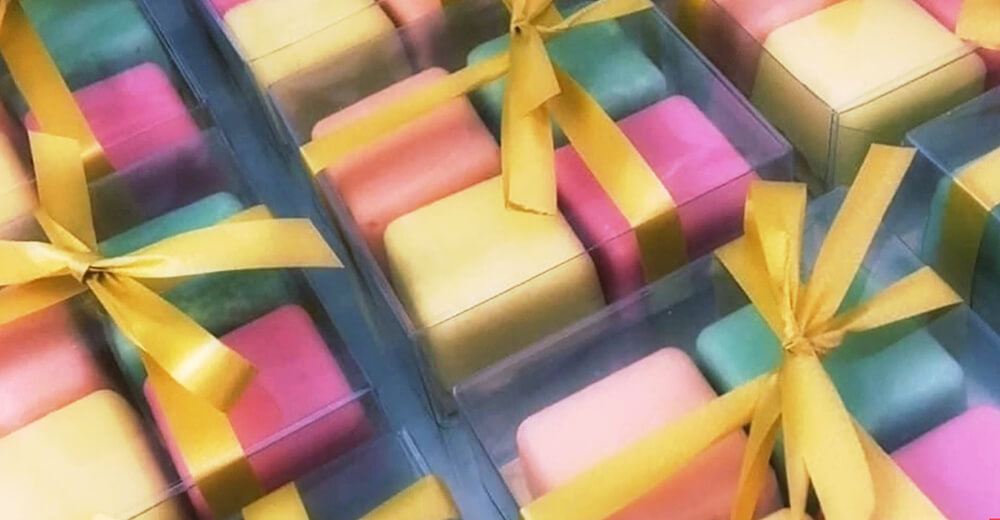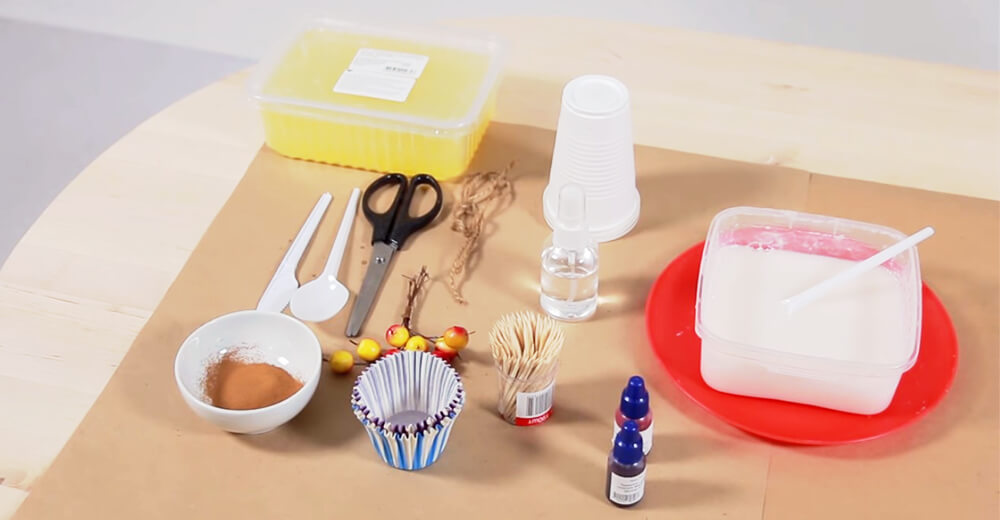
The process of making soap is relatively simple, but it can be quite challenging for those who are just starting out.
When I started soap making, the first thing I had to decide was which soap making kit to purchase.
With so many options available on the market, it can be overwhelming trying to choose one that is best for your needs.
To make sure you make an informed decision, there are a few key things you should consider when selecting a soap making kit.
How to Choose the Right Soap-Making Kit for You
When choosing a soap making kit, it’s important to consider several factors such as:
- type of soap being made
- materials needed
- skill level of soap maker
- and cost
In this article, I want to take a closer look at each of these factors.
Decide on the Type of Soap
First, you should think about what type of soap you want to make. There are soap kits for creating everything from bar soap and liquid soap to bath bombs and shampoo bars.
Bar soap is a popular choice among soap makers due to its versatility and ease of use.
If you are interested in making melt-and-pour soap bars, then look for a kit that contains soap base and soap molds.
Liquid soap is another popular soap making option. It’s more complicated to make than bar soap and requires specialized equipment, but it’s also a good choice for those who value convenience.

For those who want to make liquid soap, look for a kit that includes soap potash or potassium hydroxide, as well as directions for making soap from scratch.
Liquid soap is often easier to dispense and can be quickly rinsed off the skin with water, making it an ideal choice for people with sensitive skin or allergies. Additionally, liquid soaps are often hypoallergenic, which makes them a great option for those with sensitive skin conditions like eczema or psoriasis.
There are other types of soap available such as glycerin soap, goats milk soap, castile soap, herbal soaps, and more. Each provides unique benefits that may make one better suited than another depending on your goals or desires.
Knowing what kind of soap you plan on making will help narrow down your options.

Assess What Tools and Materials are Included in the Soap Making Kit
It’s also important to assess what tools and materials are included in the soap kit. Most soap-making kits come with the basic tools and materials you need, such as soap molds, soap base, colorants, fragrances, and other additives.
Soap molds come in various shapes and sizes, such as hearts, stars and flowers.. For example, a soap kit that includes rectangular molds would be ideal for making soap bars, while a kit with circular or oval molds would be better suited for making soap balls.
It is important to read labels carefully when choosing a soap base as some may contain ingredients that could cause skin irritation. Depending on your preference, you can also choose from organic soap bases that use sustainable resources like coconut oil or olive oil.
Colorants are used to give soap its color, and can be either natural or synthetic. Natural colorants include herbs, spices, clays, and wildflower petals that can be added directly into soap molds. Synthetic colorants are usually in the form of soap dyes and come in various shades.
Fragrances are also a popular ingredient in soap-making kits as they provide a pleasant scent. Fragrances come in both natural and synthetic forms, with essential oils being the most common type of natural fragrance used in soap-making. Synthetic fragrances tend to last longer than natural ones and come in more varied scents.
However, some soap-making kits may include additional materials and tools. For instance, a soap cutter is an essential tool for cutting the freshly made soap into bars of any desired size and shape. This can save time when it comes to portioning out blocks of soap.
Certain kits may come with special soap molds or soap cutters, while others may include safety gear such as goggles and gloves. It is also important to look for soap kits that come with detailed instructions, as this can make the soap making process much easier.
By taking these factors into account, you can confidently choose a soap making kit that is perfect for you and your soap making goals.

Choose the Soap Kit According to Experience Level
It is very important when choosing a set for making soap you should consider your own experience in soapmaking.
If you’re a soap-making novice, you should look for soap making kits specifically made for beginners. These kits typically include detailed instructions on how to make soap and the materials needed for soap-making. They may also come with recipe books or tutorials on how to make soap from scratch.
On the other hand, if you already have experience with soap-making, you may want to consider purchasing more advanced kit with additional ingredients, such as fragrances, exfoliants, and other additives like colorants or herbs.
Experienced soap makers should invest in high-end sets which often include all the necessary tools and materials for creating specialty soaps including moulds and premium natural ingredients.
Whatever your soap making level, there is sure to be a soap making kit that suits you.

Consider the Cost of Soap Kits
When it comes to soap making kits, one of the most important aspects to consider is cost. While some soap-making kits may be relatively inexpensive, others may be more costly due to additional materials included in the kit. Therefore, it’s important to compare different soap kits and their prices in order to find the best kit for your budget.
For some soap makers, finding a soap kit that fits their budget can be challenging. However, there are several things that soap makers should take into consideration when evaluating the cost of soap making kits in order to make an informed decision.
First and foremost, it’s important to factor in the initial cost of materials required for soap making. Be sure to include all necessary ingredients such as lye or base oils when calculating your total costs.
Next, soap makers must evaluate how long it will take them to complete their soap-making project. Higher quality soap kits might be more expensive initially, but they could also save soap makers time and money in the long run as they are likely to produce a higher-quality product.
Finally, soap makers should factor in the cost of shipping when purchasing soap making kits. Additionally, soap makers should research any additional taxes or fees charged by different suppliers in order to get the most affordable option overall.
By taking into consideration all of these factors, soap makers can make an informed decision on which soap making kit best fits their budget. Ultimately, this will help ensure that soap makers are getting the most out of their investment.

How to Choose Soap Making Kit – Conclusion
Whether it’s for yourself or as a gift for someone else, soap making is an enjoyable and rewarding process.
With all of the different soap making kits available today, anyone can learn how to craft their own custom soaps and enjoy experimenting with fragrances, colors and shapes.




Leave a Reply